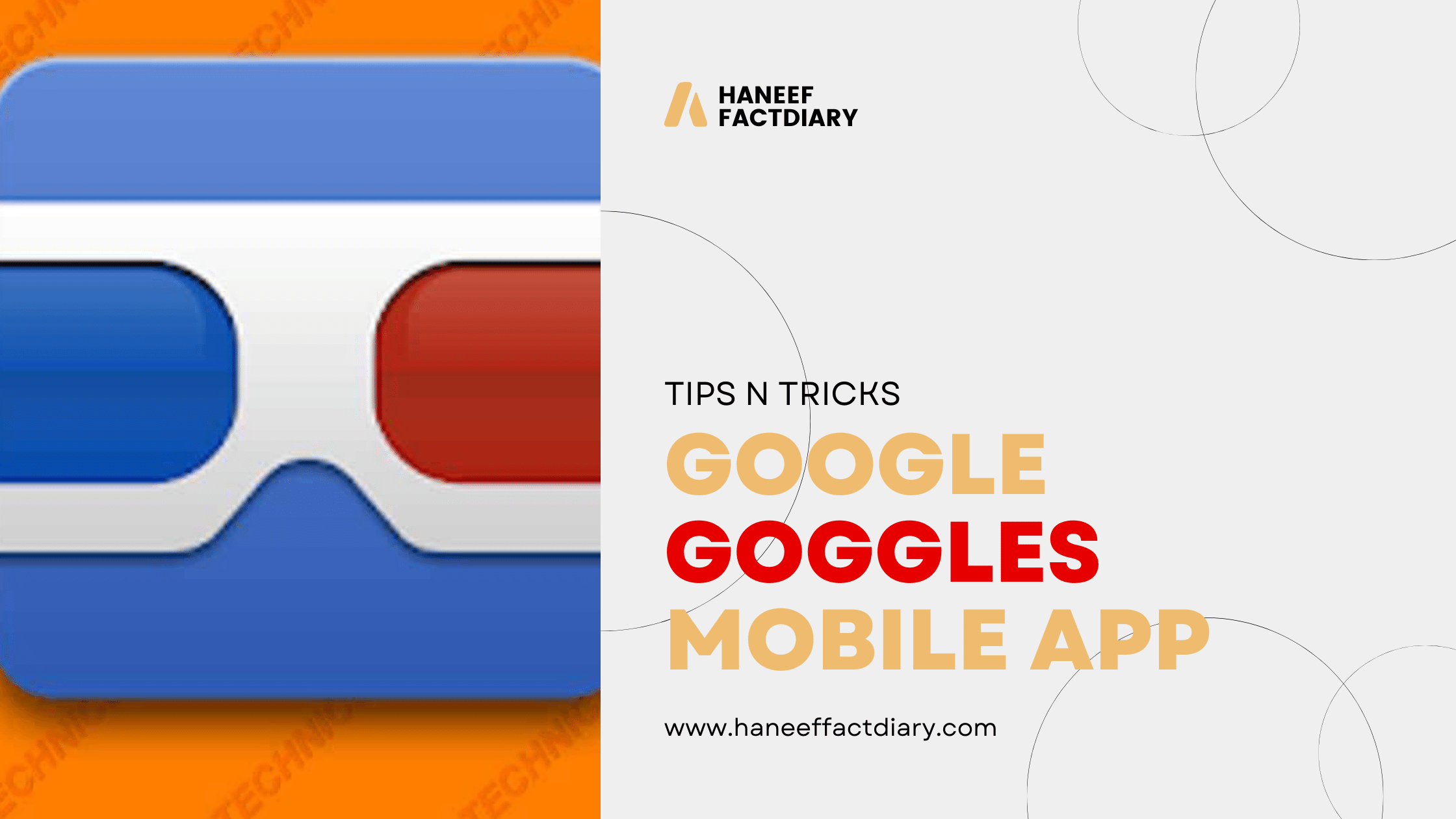Google unveils new data privacy protection technology for advertisers. But, Google’s secret matching tech is a breakthrough in digital ads.
It’s especially so now, with high concerns about data privacy and security. Developing this system allows advertisers to target particular audiences and protect individual information.
This article will detail how confidential matching works. It will cover its effects on advertisers and consumers, as well as trends in advertising. Confidential matching is a method that respects users’ privacy. It lets advertisers use their customer data with Google’s.
The goal is to let marketers show users relevant ads. But it must protect users’ privacy. Hashed identifiers can find a similar audience. They include a unique value from personal data. They do not share or expose any personal data.
How Does Confidential Matching Work?
- Data Collection: advertisers collect customer information. This may involve customers’ email addresses, phone numbers, or other IDs.
- Hashing Process: Advertisers must hash customer data with secure algorithms, like SHA-256, before sending it to Google. Hashing converts the profile data into a string of characters. It mirrors the original data without disclosing the information.
- Data Submission: Advertisers encrypt the data. Then, they submit the identifiers to Google’s secure servers. This way does not relay any individual information anywhere. During processing, only use the hashed data as input.
- Matching Logic: Google matches it with hashed data. This data is from users’ interactions with Google services, like search and YouTube. The matching process refers to users with hashed identifiers. We have matched those with matching hashes. But, the two individuals are not revealed to each other.
- Insights and Reporting: After Google matches the ads, advertisers can access audience data. Still, there is no leak of personal data and the user’s anonymity remains protected. For instance, a person may tell an advertiser that a percentage of matched users clicked on or bought the ad.
- Security Measures: The process has several security layers. It encrypts data during transfer and protects the matching systems. Only authorized employees can access them.
Also Read: What Is Quality Score & How Does it Affect Google Ads?
Implications for Advertisers
Technologies like confidential matching show broader changes in advertising.
- Enhanced Targeting: Hashed data lets advertisers segment audiences very precisely. This helps them make better, more targeted ads.
- Easy Opt-Out Options: Advertisers should provide clear opt-out options for data sharing. This transparency builds trust. It helps users make informed choices about their data.
- The decline of third-party cookies: Major browsers are ending them to boost privacy. This is forcing advertisers to shift to first-party data. Confidential matching lets businesses use their first-party data for targeted ads. It keeps user data private.
- Growing Regulatory Environment: Data privacy laws are tightening. Advertisers must handle data with care. Confidential matching fits these laws. It allows for compliant ads.
- Emerging Industry Standards: Other ad platforms may see the success of confidential matching. They might then make more privacy-focused solutions. This could shift the industry.
Looking Ahead: The Future of Data Privacy in Advertising
As digital marketing evolves, technologies like confidential matching will drive new trends.
Use of AI and Machine Learning: Advanced technology will analyze aggregated data. It will improve audience targeting while keeping users anonymous.
Brands that value user experience will favor those that provide relevant, personalized content. It should deliver value. This emphasis on user-centric advertising will cultivate loyalty and long-term customer relationships.
With the push for privacy solutions, ad platforms may collaborate more. This could lead to new, privacy-first technologies that work across platforms.
User Education and Awareness: Marketing will tell users how companies use their data. It will explain the benefits of personalized ads. This transparency will be crucial for maintaining user trust.
Conclusion
Google’s secret matching tech is a key moment for digital ads. It shows how to balance privacy with effective advertising. Google has set a new industry standard for responsible data use. It did this by combining advanced data hashing techniques with robust advertising.
The benefits for advertisers are huge. They include better targeting, compliance with regulations, and improved audience insights. Consumers can enjoy a personalized and trustworthy advertising experience that respects their privacy.
As tech and rules change, ad businesses must adopt new methods. One is confidential matching. This will help them stay relevant and build consumer trust.
In this tough environment, ethical data practices are key. They will drive successful marketing. Brands can thrive by prioritizing user privacy. Confidential matching is a step toward a better future in digital ads. It will make them more secure and effective.






